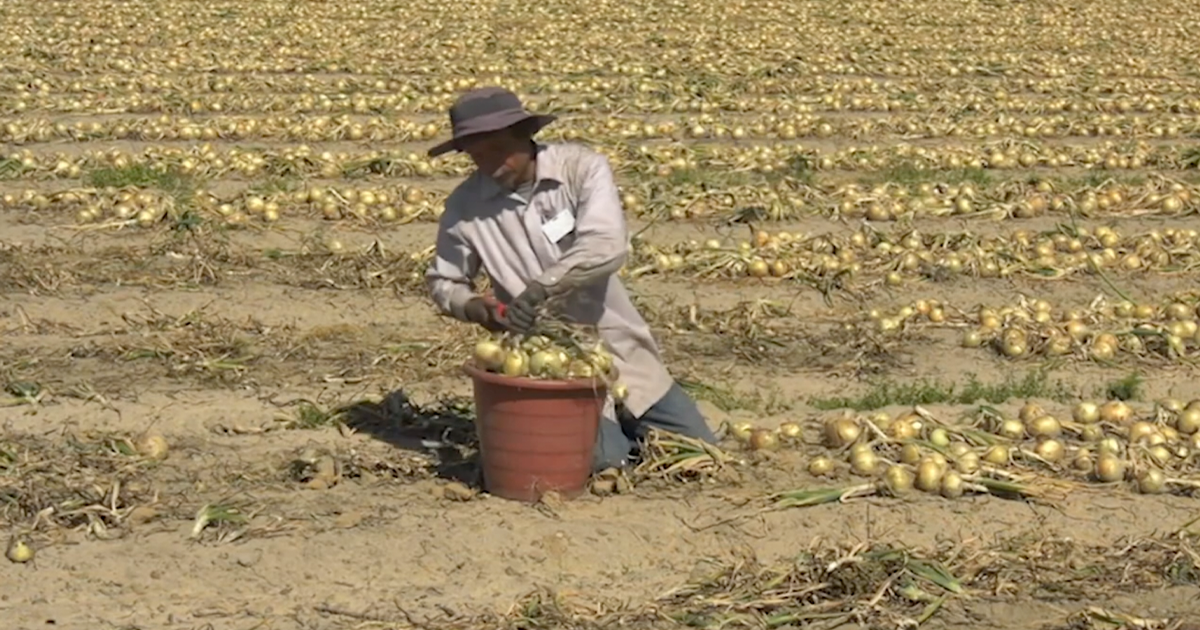Tifton, GA |
Down in Tifton recently, producers gathered for the annual Agricultural Relations Forum – an event that’s designed to educate and inform growers on the ever so changing guest worker programs producers utilize on their operations. The importance of the event can’t be overstated as it comes at a time when producers have been burdened with frequent, drastic changes to the program so many of them rely on.
“The biggest factor that drives the need for this event is the ever changing regulatory environment that we find ourselves in. For a grower that is focused on growing a healthy crop, keeping up with six hundred pages of regulations and new rules is a challenge. So, if we can synopsis that into two days and again, let them have the information so that they are compliant, so that they know they’re operating their farm the way that the rules stipulate, but also the way they want to be able to operate and treat their employees who come back year after year and become part of their families,” says Chris Butts, Executive Vice President of the Georgia Fruit and Vegetable Grower’s Association.
In the last few years, growers that utilize the program have had to adapt to sudden changes; changes that have caused a lot of uncertainty – the biggest being the wage rate, which has increased more than twenty percent in just two years – a huge hurdle for producers, especially when that rate could change at any time.
“One of the biggest factors influencing the effectiveness of the program is what we call the adverse effect wage rate. And that becomes, in effect, a de facto minimum wage rate for all AG work in your area. That rate that can be increased, at any time during the year. The last few years, we’ve had a twenty-one percent increase in ’23 and ’24. That comes after the fact that our growers may have already had contracts to provide produce to their suppliers. So, that uncertainty comes in with ‘I can’t identify what my labor costs are going to be next year because I don’t know what the pay rate is going to be'”, says Butts.
More uncertainty comes for producers as a lawsuit has been brought forth that is challenging the overreach and unfairness in the many burdensome and unfair rules and regulations the Department of Labor has issued.
“The latest rules we feel were an overreach by the Department of Labor outstripping the authority granted to them by Congress. And in fact, they’re conveying rights to foreign ag workers in the country that even U.S. citizen workers don’t receive. The pay rate is now twice in Georgia what the minimum wage is. Those pay rates become disassociated from really the economic realities in our rural communities, but because of the rules, that becomes the de facto wage rate. And we are now paying a wage rate that’s oftentimes twice what other industries in that area are paying. That leaves us uncompetitive with our foreign competitors and susceptible to seeing more of our food supply come from other countries,” says Butts.
Ultimately, Butts says that the rules and regulations have been changing in a way that has left growers at a very unfair advantage, especially when you add in all of the many other challenges that they’re dealing with.
“We find ourselves at the intersection of trade policy and labor policy that is leaving our growers uncompetitive, or at a competitive disadvantage to foreign competitors. For food security, we’ve got to make sure that American growers have a future and growing fruits and vegetables in the U.S the sustainable,” says Butts.
By: John Holcomb

